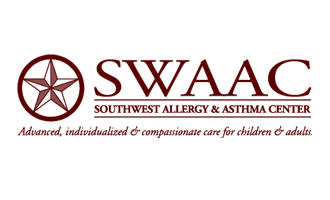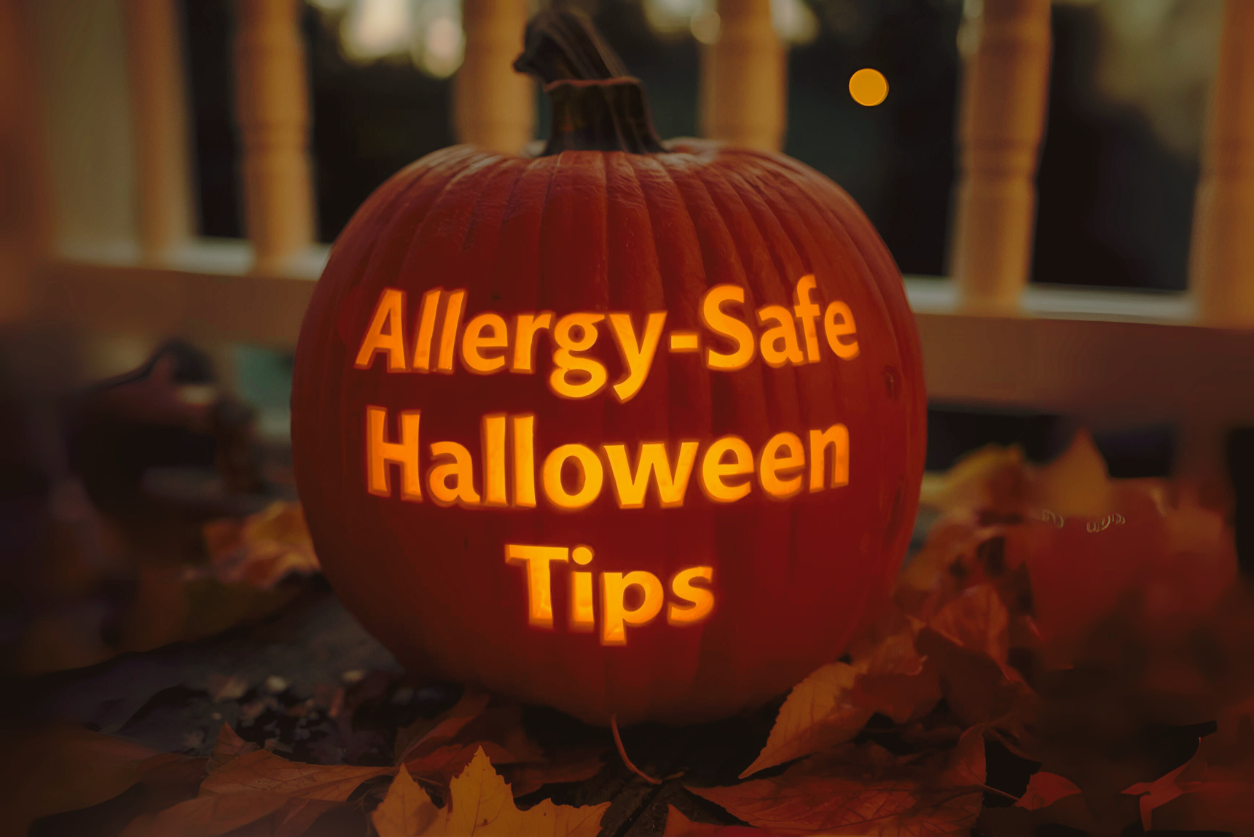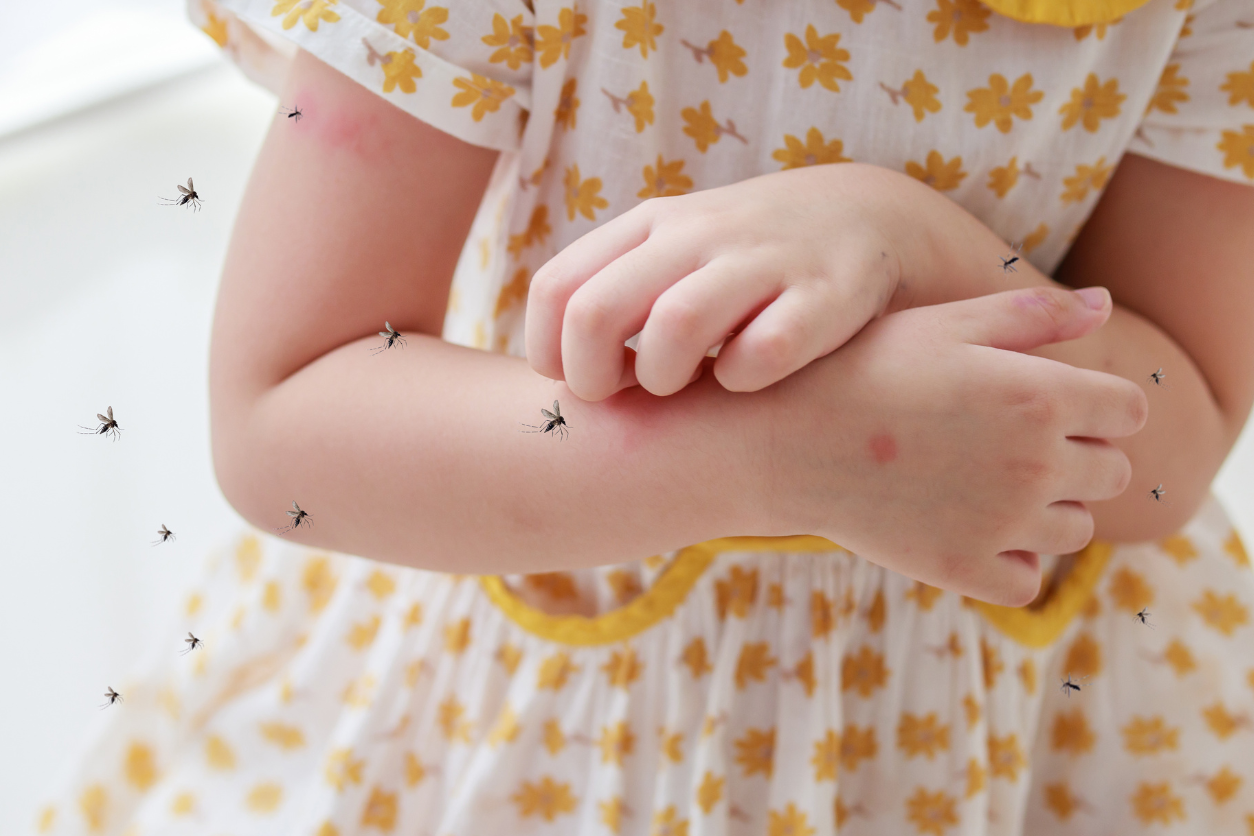When it comes to your little ones, nothing matters more than their health and happiness. That’s why it’s crucial to be on the lookout for signs of food allergies early on. Here’s what to look out for.
Signs of Food Allergies in Kids
- Timing: Most allergic reactions occur immediately or within three to six minutes after exposure to the food allergen.
- Skin Reactions: Hives, eczema or redness around the mouth and face after eating certain foods.
- Digestive Issues: Stomach pain, vomiting or diarrhea can be signs of a food allergy, especially in infants.
- Respiratory Problems: Wheezing, coughing or difficulty breathing can occur shortly after eating a trigger food.
- Behavioral Changes: Irritability, restlessness or fussiness during or after meals could indicate an allergic reaction.
The Benefits of Early Exposure
Contrary to popular belief, introducing potential allergens early in a child’s life can reduce the risk of developing allergies. Here’s why.
- Immune System Training: Early exposure to allergens helps train the immune system to tolerate these foods.
- Prevention of Sensitization: Delaying the introduction of allergenic foods may increase the risk of sensitizing a child to those foods.
- Peace of Mind: Knowing your child’s allergen status early allows you to take proactive steps to prevent reactions.
How to Safely Introduce Allergenic Foods
- Consult Your Pediatrician: You should always consult your medical provider before introducing any new foods into your child’s diet as there are situations where early introduction of highly-allergic foods may not be advisable, especially if you have concerns or a family history of allergies.
- Start Slow: Introduce one new food at a time in small amounts to monitor for any adverse reactions.
- Choose the Right Time: Introduce allergenic foods when your child is developmentally ready to eat solids, usually around six months of age.
Stay Informed and Stay Safe
If you suspect your child has a food allergy or need guidance on introducing allergenic foods, don’t hesitate to reach out. At Southwest Allergy and Asthma Center, we’re here to support you and your family on your journey to better health.





